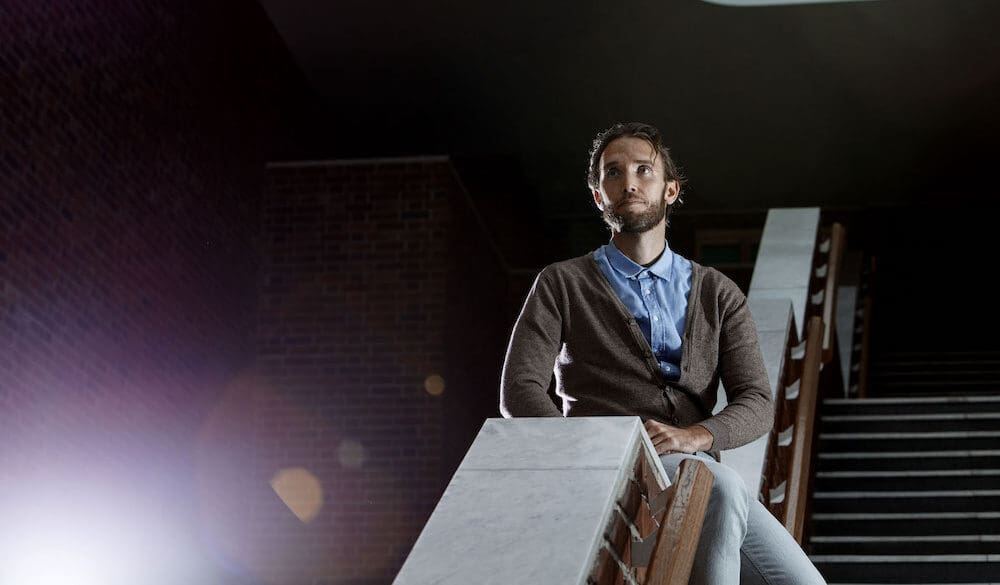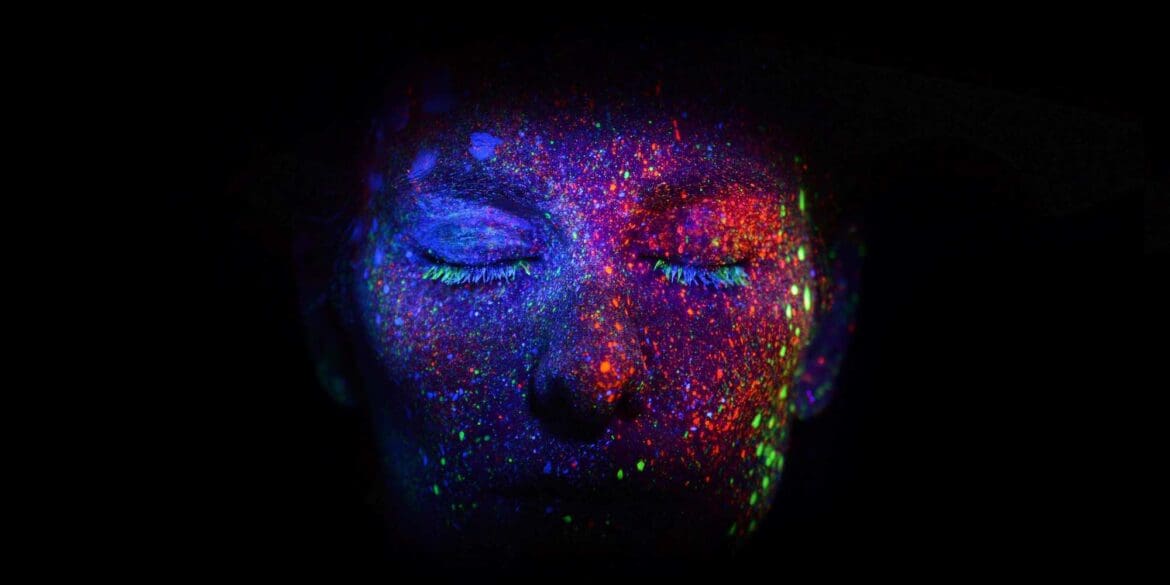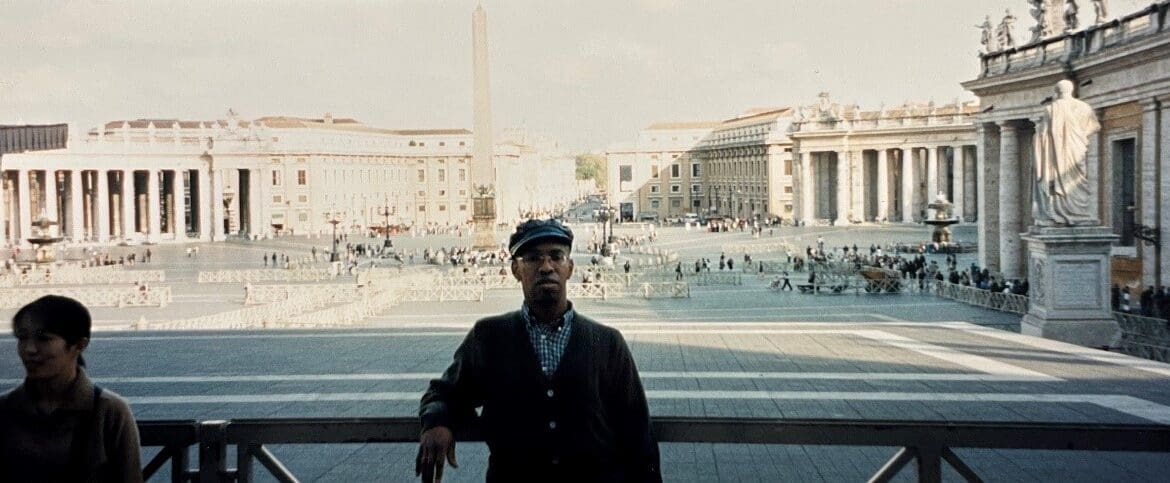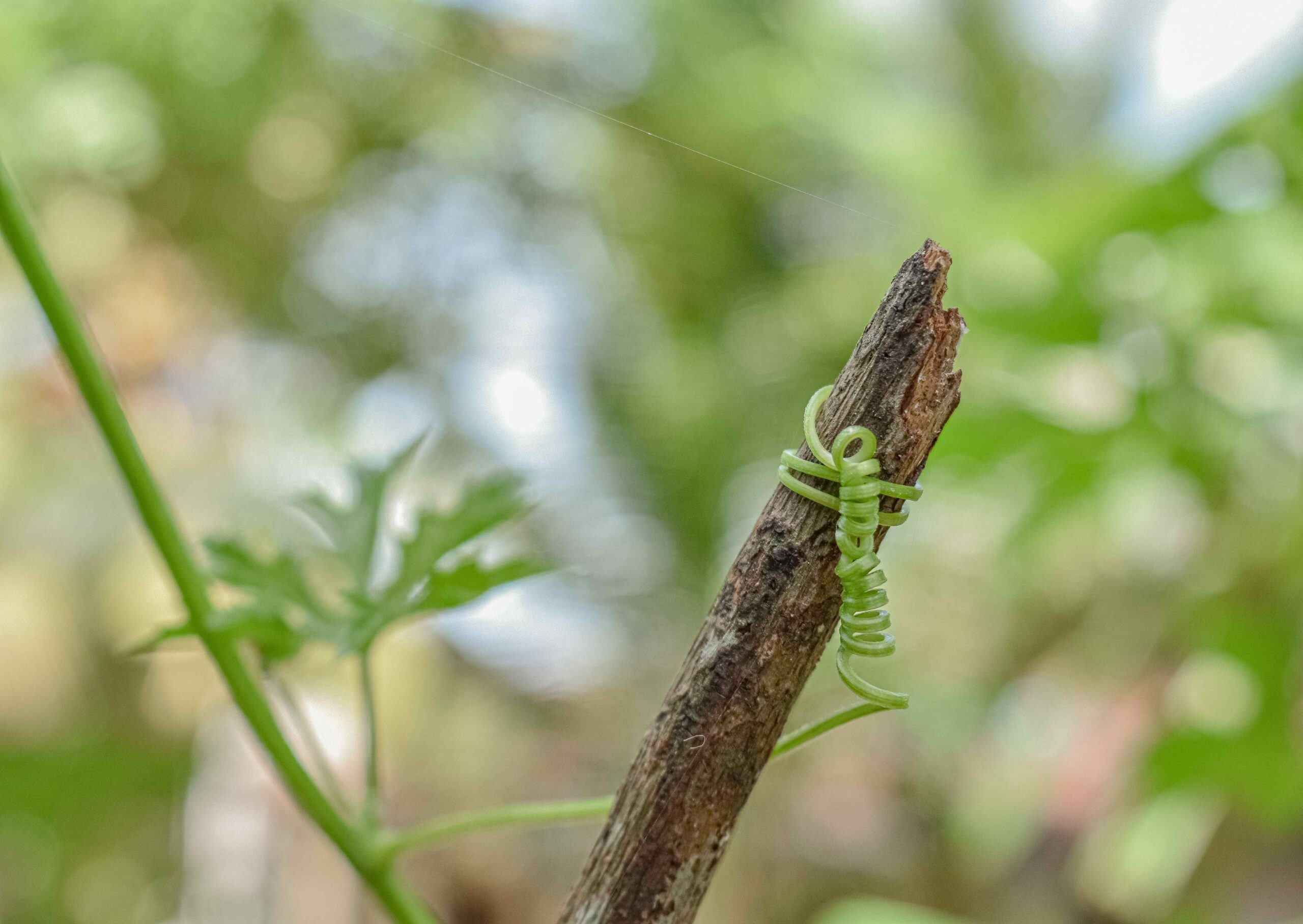This work addresses the issue of young women being underserved as health care patients, specifically through the lens of medical gaslighting.
Autoethnographic Writing
Whether short-form or long-form, personal memoir or speculative fiction, The AutoEthnographer seeks to publish your evocative expressions of the cultural made personal.
This is from the experience of losing someone who you thought would be a part of your family, only to realize their journey was different.
This essay and video introduce an autoethnographic study of my life as a deaf child in Finland learning sign language.
It grew out of my personal experience researching Black history museums; but in reality, it began a lot earlier, maybe before I was born.
I share real world examples of why I believe the trans community uses empathy as a powerful tool to combat transphobia and promote self-love.
This piece situates me in a set of sour in-laws relationships that also involved the legal system and it is in the form of autoethnography.
In Saying Goodbye: A Father's Last Minute Parting Gift to His Son, I channel the moments I remember from the night before my mother died.
“Four Essays on Being Trans in the Anthropocene” in one of autoethnographic works on my queerness and informed by speculative anthropology.
Nothing prepared me for the xenophobia and homophobia I would encounter in Italy. No one warned me how to avoid becoming their victim
In my short story, “Cubicle,” a student filmmaker discovers loneliness, absurdity, and cruelty in the halls of Corporate America—but also finds his artistic voice.
Odesa addresses the traumas of struggling immigrants, who face rejection and shunning rather than acceptance and understanding.
Catholic Boy Fights the Devil in the Mohawk River Valley is a short story that’s set in upstate New York during World War II. At a time when America was fighting fascist devils abroad, many were struggling with the devil’s influence at home.














